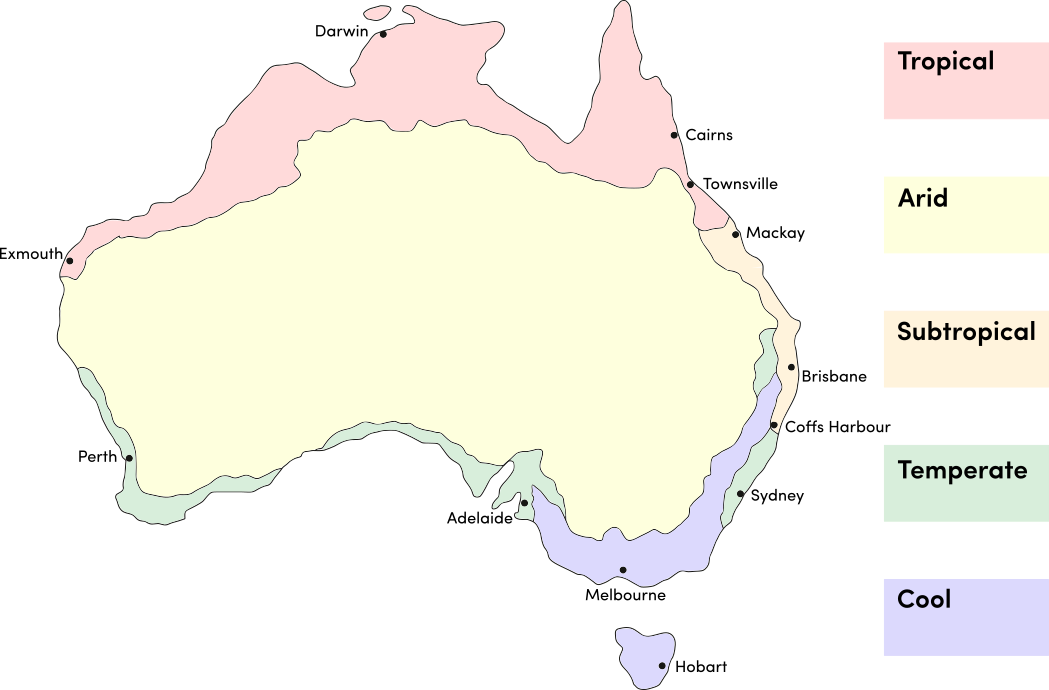Not everyone has a green thumb or a desire to get their hands dirty every day, but that doesn't mean you have to forgo all the fresh greens and herbs out there. Many plants can be thrown in the ground and left to their own devices, providing food for years on end without much effort. This article is going to cover the edible plants, from herbs to veggies, which require the least amount of maintenance, are reasonable to grow in most climates, and don't require a particular amount of sun or water.
Rosemary is a perennial (returns every year) herb that is unrivaled in hardiness and ability to endure. It not only adds delicate flavor notes to your meals, but also looks lovely enough to be added to floral arrangements and placed on gifts in place of a bow. Unlike most herbs, certain rosemary varieties can grow up to several feet tall, making them ideal to incorporate into landscapes that are not specifically vegetable gardens. This can be especially useful in suburbs where most peoples' front yards are a variety of flowers and hedges. This is a frost and snow hardy herb that you plant one time and it will provide for years, not needing to be watered, except in a drought, and not being particularly prone to pests.

Thyme is rosemary's little sister in the herb world, having a similar piney flavor that can range to something more citrusy depending on the variety you choose. This perennial herb is significantly smaller than rosemary but just as hardy, with purple flowers instead of blue.

Oregano is another perennial herb, but it's a little less hardy than rosemary and thyme. It's also worth noting that for the best flavor, herbs of any kind are best harvested before they flower, to prevent them from tasting bitter. You can also store herbs in butter or oil in an ice cube tray in the freezer.

Moving on from herbs, you can also put some real food on the table: vegetables. Most vegetable gardeners can be seen outside planting each year for days, trying to get everything planted at just the right time of year and watering their precious crop daily; but not all veggies need this kind of coddling.
Many varieties of onions, leeks, and garlic are perennials and probably one of the hardiest plant families you can find. Any casual forager knows that the wild varieties can grow abundantly in the midst of a shaded forest or in a vast open meadow. There is little to worry over when planting these as many will not only come back every year, but will multiply as well. Just be sure to never harvest all your onions so that they can continue to spread.

Asparagus and artichokes are the two easiest to grow vegetables out there. Like onions, asparagus can spread year after year, but unlike onions, you only harvest the shoot so the original plant can also regrow. With artichokes, you only harvest the bud and it regrows. These are amazing plants for the less motivated gardener who also doesn't want to dig around in the soil for their food.

Berry bushes are an abundant source of antioxidant rich fruit that take a few years to produce, but last for years after. They can get to be quite large, so need plenty of space, but they can also be transplanted pretty easily if they outgrow their original site. Blackberries, raspberries, and blueberries are some of your hardiest options.

As you can see, one day of gardening is a great investment that can result in years of free food for you and your family. Whether you are trying to save money, eat healthier, eat fresher, extend the time between grocery trips, or just look more motivated to your neighbors, having a perennial food garden is a wonderful idea.





